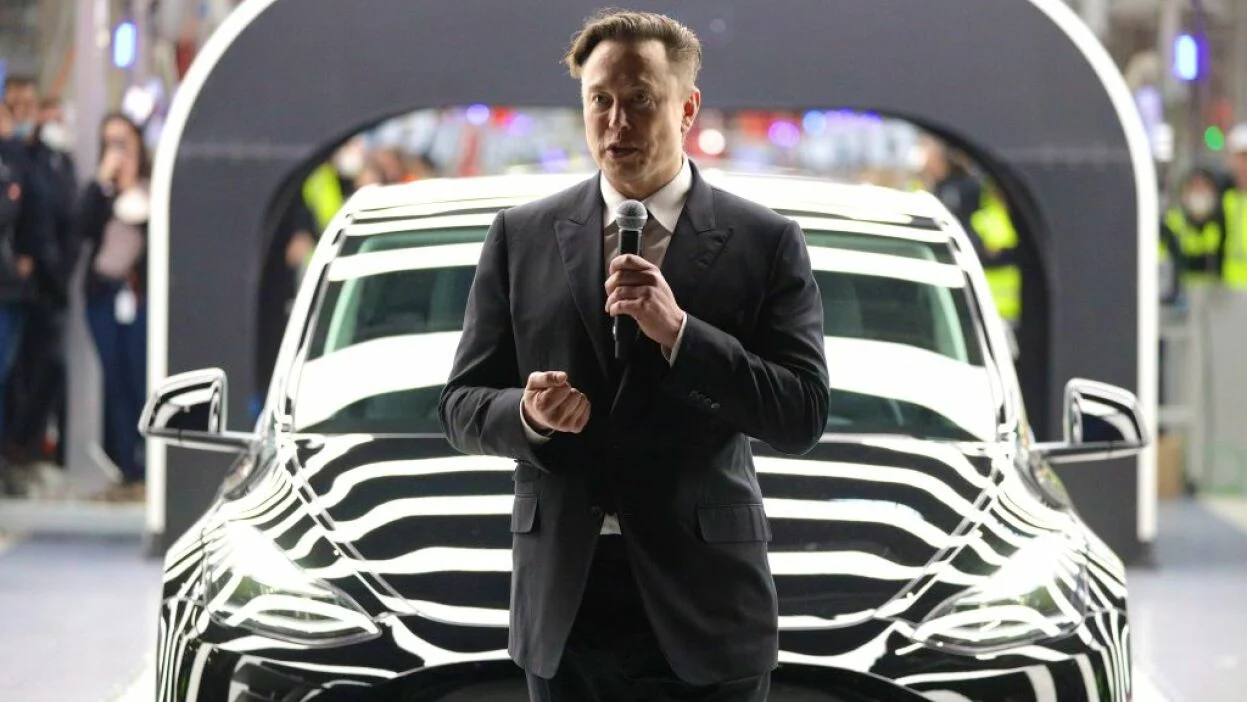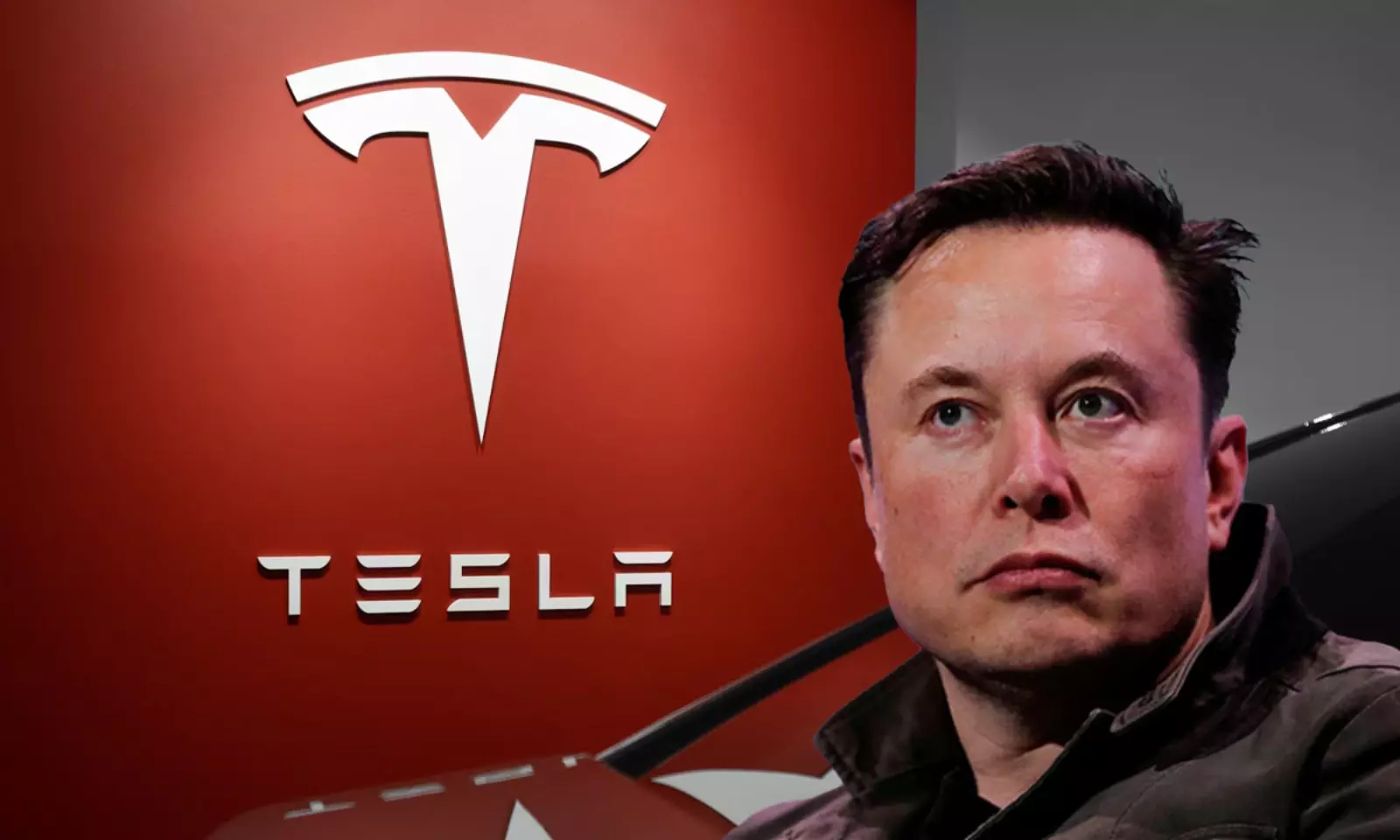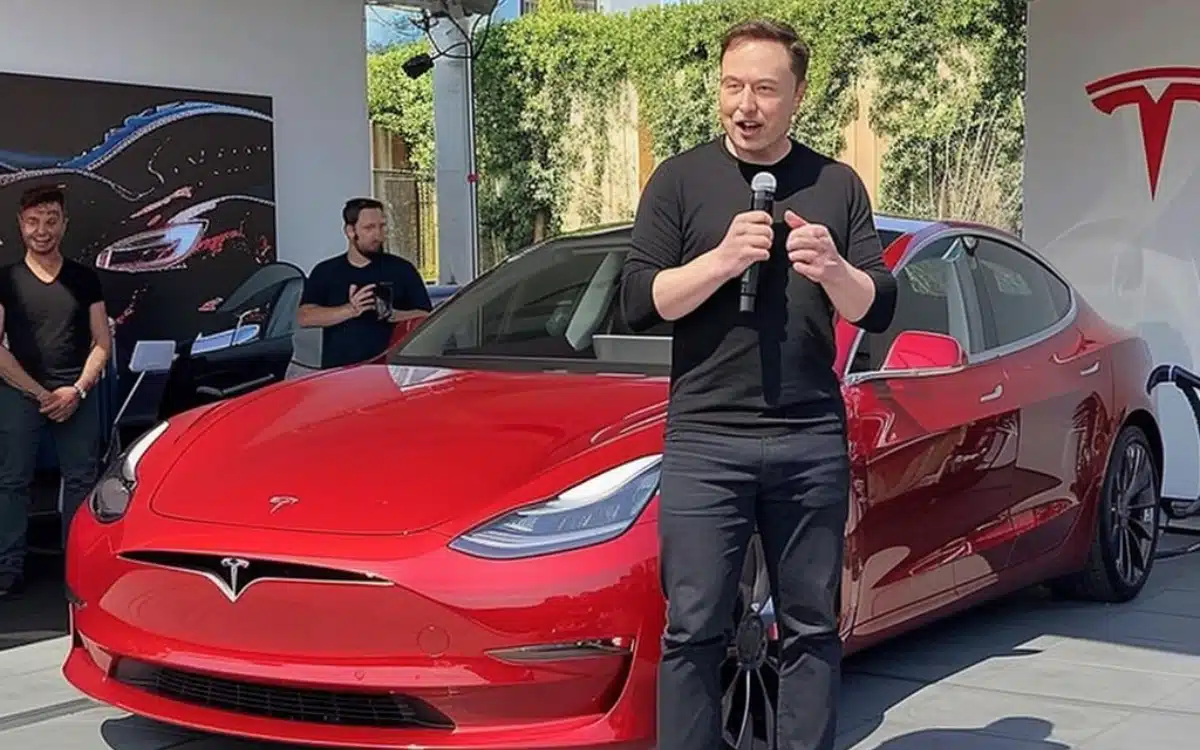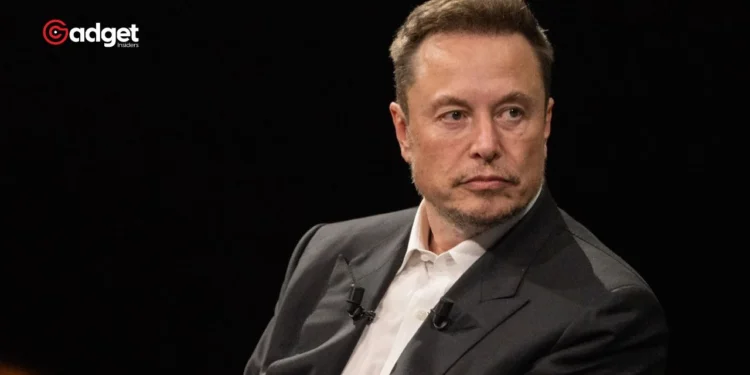As Tesla approaches its pivotal shareholder meeting on June 13, the electric vehicle (EV) giant finds itself at a crossroads, stirred by controversy over CEO Elon Musk’s staggering $46 billion compensation plan. This plan, arguably the most audacious in corporate history, has polarized Tesla’s stakeholders, setting the stage for an intense showdown that could redefine the company’s future and leadership dynamics.

A Battle of Ideas and Interests
At the heart of the dispute is a group of heavyweight investors, including the New York City pension funds, led by Comptroller Brad Lander. These stakeholders have openly criticized the Tesla board for its unwavering loyalty to Elon Musk, asserting that his divided attention among various ventures like SpaceX, Neuralink, and X undermines his effectiveness as Tesla’s full-time CEO.
The crux of their argument is underscored by Elon Musk’s recent initiative to divert top talent from Tesla to his new venture, xAI, notably poaching Ethan Knight, the company’s computer vision chief. This move, according to the dissident investors, signals a troubling trend of resource allocation away from Tesla’s core operations, potentially jeopardizing its technological edge and market position.
Tesla shareholders, remember to cast your vote in support of Elon Musk's compensation package.
No Elon = No Tesla. It's as simple as that. pic.twitter.com/fHgTEctWSF
— DogeDesigner (@cb_doge) May 23, 2024
The Defense of Elon Musk’s Visionary Leadership
Despite the vocal opposition, Tesla has not backed down. The company has aggressively campaigned to secure votes in favor of Elon Musk’s compensation package, leveraging social media and direct communications to rally its base of retail investors.
These individuals view Elon Musk not merely as an executive but as a visionary indispensable to Tesla’s identity and its trailblazing path in the EV market.

Robyn Denholm, Tesla’s independent board chair, defends the compensation strategy fervently. In a statement detailed on Tesla’s dedicated voting website, she reflects on the inception of Elon Musk’s pay plan, describing it as a bold gamble on wildly ambitious targets that skeptics once mocked as “laughingly impossible.”
According to Denholm, the gamble paid off spectacularly, propelling Tesla from a revenue of $11.8 billion to $96.8 billion and flipping its profitability on its head—from a $2.2 billion loss to a $15 billion profit.
The Broader Implications for Tesla and Its Governance
This dispute does more than highlight disagreements over compensation; it casts a spotlight on deeper issues of corporate governance and executive accountability. Elon Musk’s critics argue that his “hands-off” approach to conventional management and his sporadic, impulsive communication style, particularly on platforms like Twitter, do little to assure investors of stable leadership.
Moreover, the board’s reluctance to rein in Elon Musk’s autonomy has led to perceptions of an overly accommodating governance structure, if not outright complicit, in his freewheeling management style.

Adding another layer to the saga is Tesla’s proposed shift from being incorporated in Delaware to Texas. This move advocated alongside the ratification of Elon Musk’s pay, is seen as a strategic pivot away from the Delaware courts, which the company feels have not respected the wishes of its shareholders.
A Decisive Moment at the Shareholder Meeting
As the shareholder meeting draws near, the battle lines are drawn. Institutional investors and governance watchdogs stand on one side, cautious of overleveraging on a leader whose interests are as diversified as his ambitions. On the other side are legions of retail investors and Elon Musk loyalists, ready to back their icon and the futuristic vision he embodies.
Tesla’s immediate future, leadership structure, and strategic direction hang in the balance, making the June 13 meeting not just a routine gathering but a potentially transformative moment in the company’s storied history. Whatever the outcome, it will send ripples through the market and might redefine the norms of executive compensation and corporate governance in the high-stakes world of technology and innovation.










